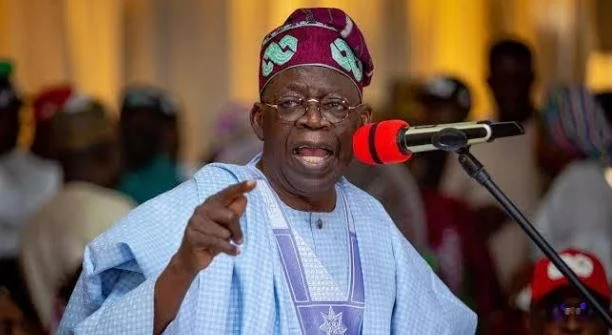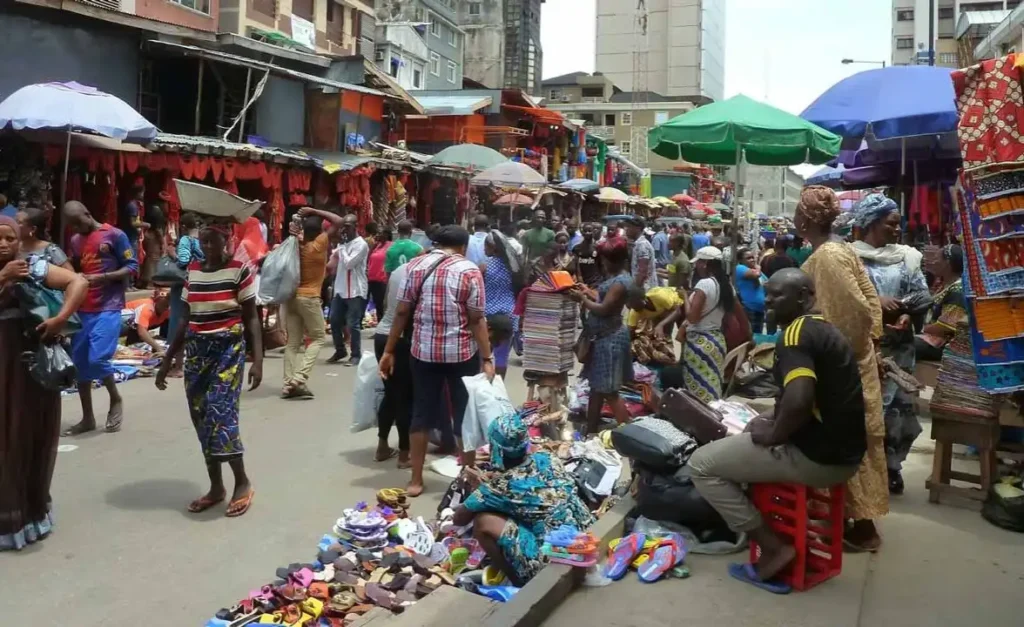Nigeria woke up to a political and economic bombshell: the Federal Government has rolled out plans to privatise 91 public enterprises, cutting across energy, aviation, agriculture, transport, and even steel. The Bureau of Public Enterprises (BPE), under its Director-General Ayodeji Gbeleyi, says the sweeping move is about efficiency, fresh investment, and revenue. But to millions of Nigerians, it feels like déjà vu, another round of selling “the people’s assets” in the name of reform.
“There are 91 public enterprises that are still outstanding within the purview of the Public Enterprises Act,” Gbeleyi told journalists in Abuja. He added: “You may want to know the estimated values and why we want to sell.”
The statement, delivered almost casually, immediately triggered heated debate across the country: Will this unlock long-stalled industries or push thousands into joblessness? Will it be transparent, or another insider bazaar?
What Exactly Is On The Table?
According to the BPE, the 91 enterprises include:
16 in oil & gas (refineries, depots, pipelines)
20 in aviation (airport terminals, handling companies)
12 in agriculture
28 others ranging from sports facilities to manufacturing outfits
Of these, 35 will be fully privatised, while 57 will be partially privatised or commercialised.
The BPE also confirmed plans to list two electricity distribution companies (DisCos) and one generation company (GenCo) on the Nigerian Exchange (NGX) via IPOs — though it refused to disclose names “due to transaction confidentiality.”
The target? To raise N312.3 billion for the 2025 budget and attract billions in private capital.
The Other Side Of Privatisation
To the BPE, these are just numbers and transactions. But for Nigerians, let’s say, a refinery worker in Warri for instance, it’s personal. For years, his salary has been late, the machines idle. “If they sell, maybe somebody will finally invest and fix this place,” a refinery worker told Dailyoracle. But then his voice drops: “But if they sell, maybe I lose my job too.”
You May Like: Mohbad: Lagos Court Orders DNA Test On Late Singer’s Son, Liam
That’s the story of privatisation in Nigeria: a cocktail of hope and dread.
Why Nigerians Are Worried
Critics warn that:
1. Jobs Are on the Line – Past privatisations often led to mass layoffs. Labour unions are already sharpening their teeth.
2. Transparency Issues – Refusing to disclose company names fuels suspicion of backdoor deals.
3. Strategic Assets at Risk – From Ajaokuta Steel to refineries and airports, selling the wrong assets could jeopardise national security.
4. Fire-Sale Fears – In a rush to raise money, assets could be undersold to cronies at giveaway prices.
5. Legal Battles – Many past privatisations remain stuck in court. Even the BPE admitted it is still fighting to resolve disputes over old sales.
Nigeria has seen this script before. Telecoms privatisation was a success, but Ajaokuta Steel, PHCN and others remain cautionary tales. To many Nigerians, privatisation sounds like “selling the family silver”, and once it’s gone, it never comes back.
The big question: is this reform or another round of crony capitalism?






